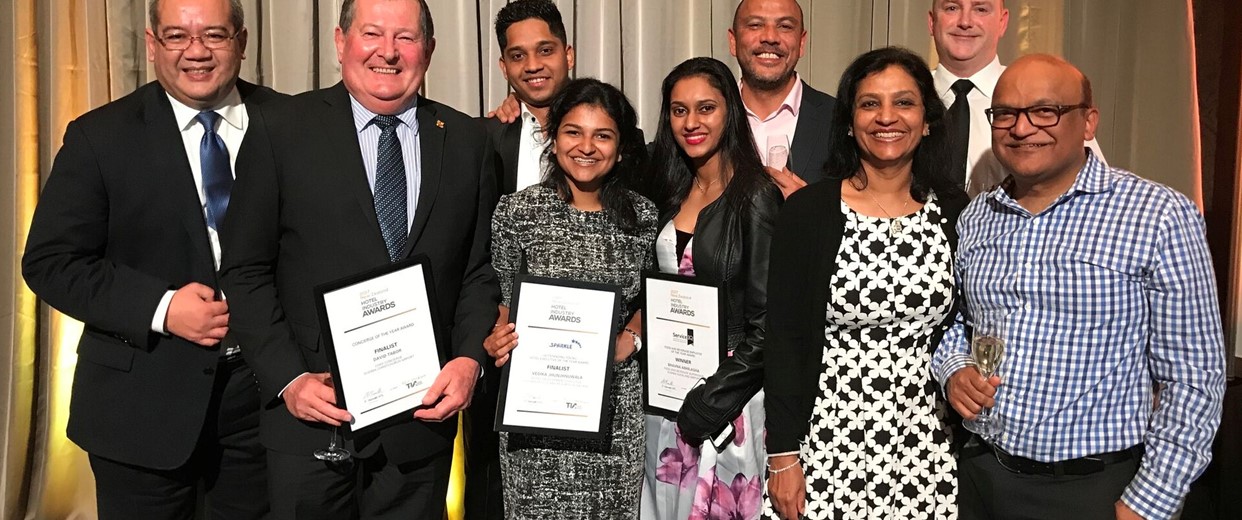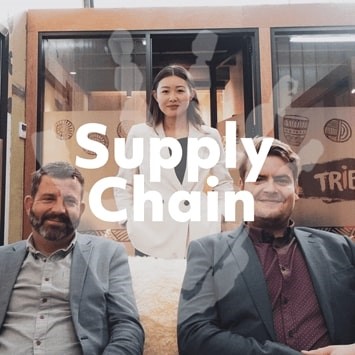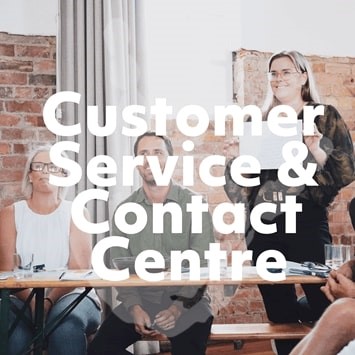Why being an Accessibility Tick member was part of the business strategy
New Zealanders with disabilities are 3 times less likely to be employed than their non-disabled peers according to Stats NZ. The Accessibility Tick was set up to help bridge the disability employment gap by providing support to businesses to create more accessible environments. Sudima Hotel are Accessibility Tick members, and champions of the disabled community. We spoke to their Executive Director - Projects, Vedika Jhunjhnuwala, to hear why they made a conscious decision to become Accessibility Tick members.
Tell us about your journey with the Accessibility Tick?
We met Tanya from Accessibility Tick at the Diversity Awards last year where she approached us to be one of the organisations foundation members. Since joining, we have reflected on what we do, made an action plan and started making changes to improve our processes and up skill our teams ourselves in order to recruit and support more employees with access needs.
Why was being part of the Accessibility Tick part of your business strategy?
It’s the right thing to do. We have very strong ethos about doing what’s good for our guests, our people, our communities and our environment.
It’s important to have the backing of a programme like Accessibility Tick, it validates the work we’re doing in this area and helps to attract candidates from the access community. The tick reinforces that our team are committed to seeing people with access needs thrive.
How many people do you currently employ with access needs? What jobs do they do?
We have 24 employees that have made us aware that they have access needs. We believe we will have more people employed with us with access needs and we hope they will come forward as we continue to normalise accessible employment. They do a variety of jobs from housekeeping all the way up to Senior Management.
What misconceptions and bias do you think exists against people with access needs?
I think there are a whole variety of misconceptions, especially about their value in the workplace. Just like everyone, they we all have strengths and weaknesses, we just need to play to peoples strengths and support them to excel.
Have you been surprised by the value people with access needs have added to your business? Can you give an example of this?
We have two employees with hearing impairments in one of our housekeeping teams and what surprised us is the comradery this bought to their team. Since employing them, team members have been eager to learn sign language and want to practice it with each other. We have seen the mindset of all those that work with them change for the better.
What practical advice can you give to businesses who want to create a more inclusive workplace?
Choose one small step to take and start with that. Be prepared to innovate and tweak as you implement it until it is has the desired result. Then pick the next small step to tackle. Looking at the overall picture can get overwhelming as there is so much room for change. Breaking them down into smaller, manageable actions is key.






